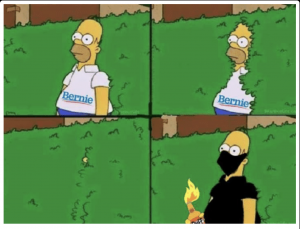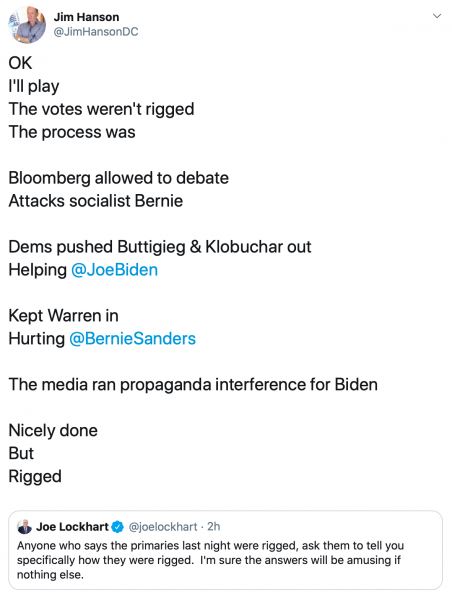Someone in the Yukon had a brilliant idea: Buy gold and throw in a creek at a taxpayer-funded publicity stunt. The Yukon government jumped on board and spent $139,000 to promote and stage the Gold Rush II initiative where organizers threw gold into a creek as part of a tourism influencer campaign. Since the original gold rush cleaned out most of the gold, the organizers started with a crowdfunding campaign to raise money to buy some gold. The Klondike Visitors Association (KVA) set a goal to raise $100,000, but fell a bit short, raising just over $4,500.Despite this setback, the KVA used the crowdfunded money to buy 3.5 ounces of gold and the event went ahead, with the Yukon government spending $139,000 to execute and promote the event. Organizers planned to send invitations to more than 20 media outlets, but only three social media influencers and one reporter showed up.
It’s that time of year again: The Canadian Taxpayers Federation Teddy Awards. (pdf, for some reason.)



